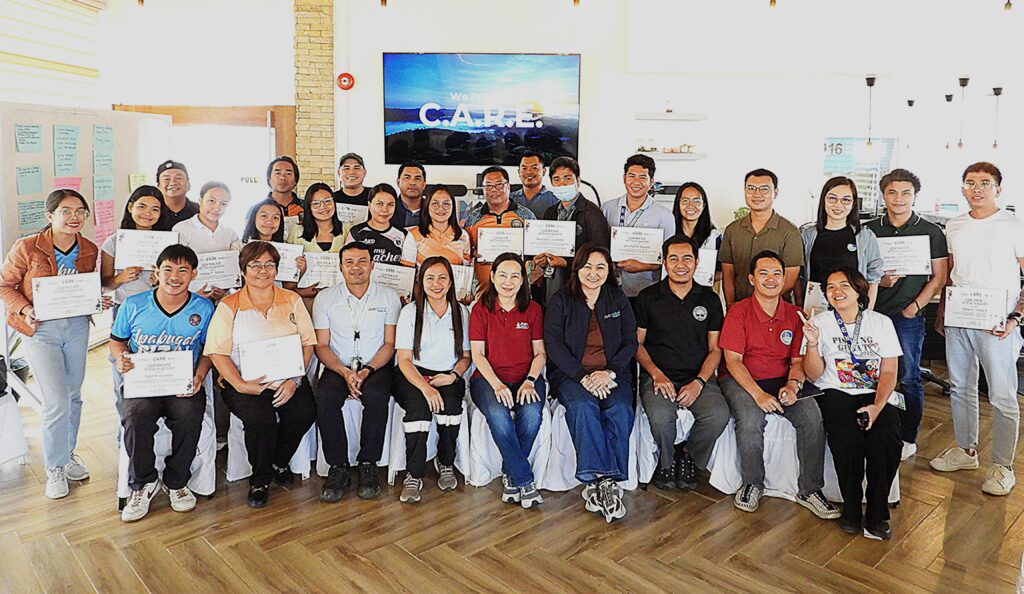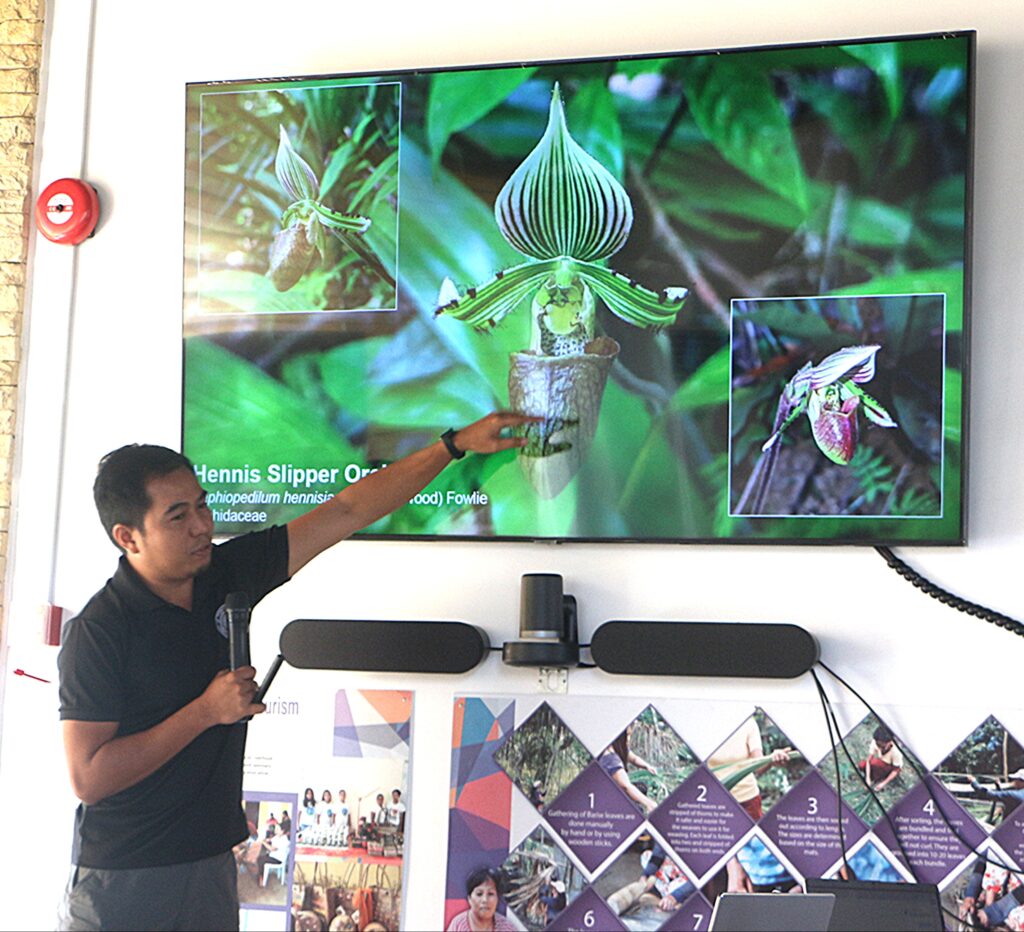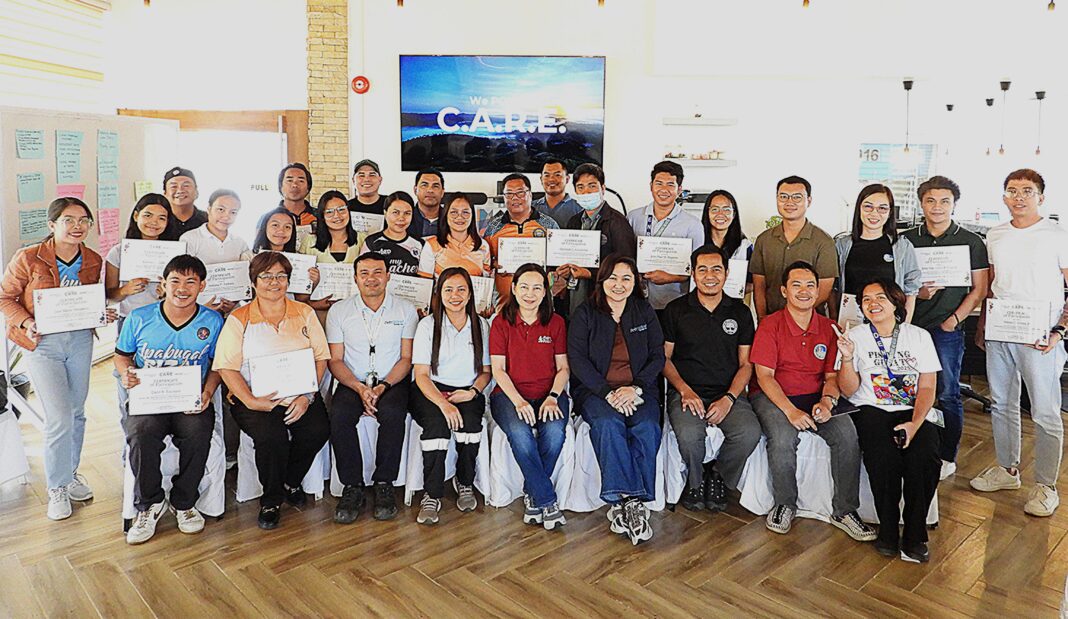Yuchengco-led PetroWind Energy Inc. (PWEI), in partnership with the University of the Philippines Los Baños (UPLB), held on October 10, 2025 a stakeholders’ orientation on conservation of threatened species found within the Northwest Panay Peninsula Natural Park (NWPPNP). The event, which gathered representatives of local government units, partner schools, host communities, the Department of Environment and Natural Resources – Community Environment and Natural Resources Office (DENR-CENRO), and Protected Area Superintendent’s Office, is the first conservation orientation session rolled out under PWEI’s We Power CARE program. The orientation explained the program’s four main components of conservation of threatened species, environmental awareness, restoration of degraded ecosystem, and ecotourism, with a particular focus on the Visayan Hornbill (Penelopides panini) and Hennis’ Slipper Orchid (Paphiopedilum hennisianum) as conservation targets.

“This is conservation in action,” said Vanessa G. Peralta, PWEI’s Vice President for Corporate Communication. “It is only the start of a series of sessions that we will conduct across our We Power CARE program sites in the country. Our goal is not only to protect threatened species, but also to cultivate a network of empowered stewards who understand the science, urgency, and value of biodiversity conservation.”
The session featured species identification, habitat and population monitoring, and threat mitigation strategies that can be adopted by community-based conservation advocates.

“Some of these species, like the Henny’s Slipper Orchid, exist only in the Philippines and Panay is one of their last remaining natural homes,” noted Prof. Arthur Glenn A. Umali a flora conservation expert from UPLB. “Protecting them safeguards not only biodiversity but also our natural and national heritage.”
Moreover, Dr. Anna Pauline O. de Guia, fauna conservation expert from UPLB, underscored the importance of supporting research and capacity building among scientists. “We cannot advocate for awareness without accurate information,” Dr. de Guia emphasized. “To do that, we need to invest in researchers and trainings and improve research field stations to support science-based conservation efforts.”
Mr. Jose Tolinero, Head Teacher of Tagaroroc Integrated School in Nabas, Aklan, expressed his appreciation of the activity, saying “This session provided a rare opportunity to bring together the local government units, students, teachers, and scientists in one venue to learn about conservation. As educators, we recognize our vital role in shaping young minds and instilling in them the value of protecting our environment. We hope that more educational materials, such as learning modules and videos, will be developed to help us teach the next generation the importance of biodiversity conservation.”


